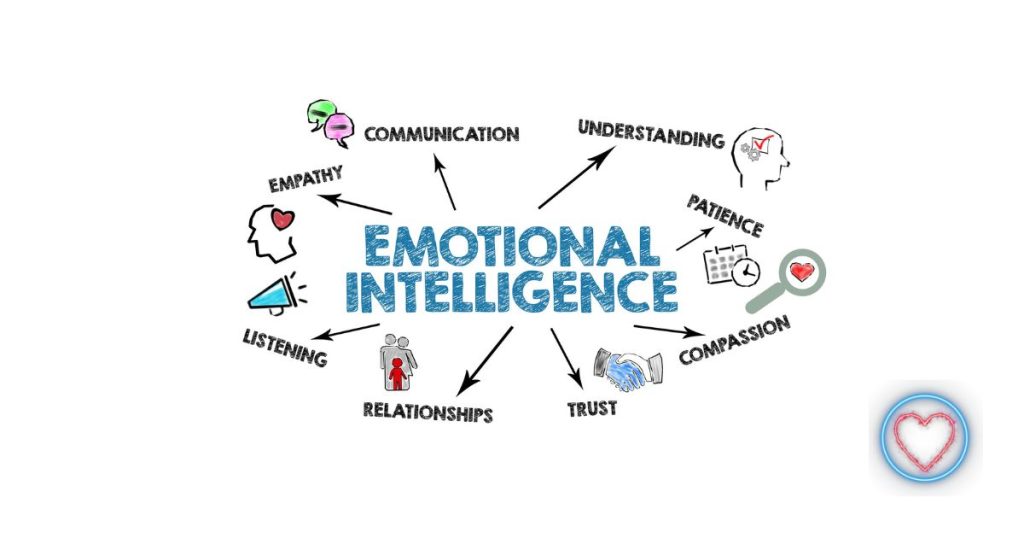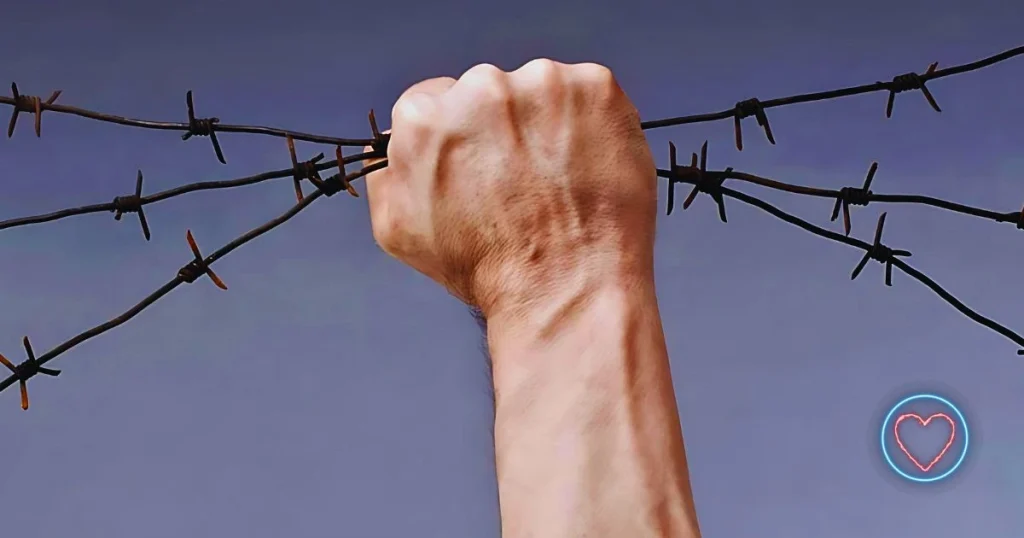Time is one of our most valuable resources. Yet, many of us unknowingly waste it on unproductive activities or habits that don’t align with our goals. The problem is that wasting time often feels harmless or even relaxing at first, but it can gradually erode our productivity, happiness, and success.
So, how can you tell if you’re wasting time? More importantly, what can you do to fix it?
Below, we explore 15 signs that indicate you might be wasting time—and practical ways to reclaim control over your days.
1. You Frequently Procrastinate on Important Tasks
One of the clearest signs of time-wasting is procrastination. If you often delay tasks that matter, choosing instead to do less urgent or trivial things, it’s a red flag.
How to fix it: Break large tasks into smaller steps and set deadlines. Use techniques like the Pomodoro Technique to create focused work intervals.
2. You Get Distracted Easily by Social Media
Scrolling mindlessly through social media can consume hours without you noticing. If you catch yourself checking your phone multiple times an hour, you’re likely wasting precious time.
How to fix it: Set specific time blocks for social media use. Turn off unnecessary notifications or use apps that limit screen time.
3. You Say “Yes” to Too Many Commitments
Overcommitting leaves you stretched thin and unable to focus on what truly matters. If you say yes to every request or invitation without prioritizing, your time gets wasted on less important things.
How to fix it: Learn to say no politely. Prioritize your goals and decline commitments that don’t align with them.
4. You Don’t Have a Clear Plan for Your Day
Without a daily plan, it’s easy to drift aimlessly through your tasks. If you start work without a schedule or a prioritized to-do list, you might be wasting time figuring out what to do next.
How to fix it: Plan your day the night before or each morning. Use a planner or digital calendar to organize tasks by priority and deadline.
5. You Multitask Constantly and Ineffectively
While multitasking may seem efficient, it often reduces focus and quality. Juggling multiple tasks at once can waste time switching back and forth without completing anything well.
How to fix it: Focus on one task at a time. Use time-blocking methods to dedicate uninterrupted periods for each activity.
6. You Spend Excessive Time on Perfectionism
Striving for perfection is admirable but can become a time sink. If you spend hours tweaking minor details unnecessarily, you’re wasting time that could be spent moving forward.
How to fix it: Aim for “good enough” instead of perfect. Set time limits for tasks and move on once the essentials are complete.
7. You Frequently Interrupt Your Work Flow
Constant interruptions—from emails, messages, or colleagues—break your concentration. If your work is frequently disrupted, your overall productivity drops, wasting time.
How to fix it: Create “do not disturb” periods during your work hours. Communicate boundaries to coworkers and mute non-urgent notifications.
8. You Engage in Negative Self-Talk or Worry
Spending too much time doubting yourself or ruminating on problems is unproductive. If you find your mind stuck on “what ifs” or “should haves,” you’re wasting mental energy.
How to fix it: Practice mindfulness or journaling to manage negative thoughts. Focus on actionable steps rather than dwelling on worries.
9. You Lack Clear Goals or Purpose
Without clear goals, it’s easy to waste time on activities that don’t contribute to your growth or happiness. Wandering without direction is a classic sign of wasted time.
How to fix it: Define your short- and long-term goals. Regularly review and adjust them to stay aligned with your priorities.
10. You Spend Too Much Time on Low-Value Activities
Watching excessive TV, binge-watching shows, or playing games can be fun, but when done excessively, these activities consume time without meaningful return.
How to fix it: Limit leisure activities to set periods. Replace some low-value activities with hobbies that build skills or relaxation techniques.
11. You’re Disorganized and Lose Track of Tasks
Disorganization wastes time as you spend more minutes looking for documents, emails, or notes. If your workspace or digital files are chaotic, you’re indirectly wasting time every day.
How to fix it: Organize your workspace and digital files regularly. Use tools like task managers or note apps to keep track efficiently.
12. You Avoid Difficult Conversations or Decisions
Putting off important conversations or decisions wastes time and often increases stress. If you delay addressing issues, problems tend to grow.
How to fix it: Approach difficult conversations with preparation and calm. Schedule time to make decisions rather than procrastinating.
13. You Don’t Review or Reflect on Your Progress
Failing to reflect on your goals or productivity means you miss opportunities to improve. If you never review what’s working and what isn’t, time can slip away unnoticed.
How to fix it: Set weekly or monthly reviews to assess progress. Adjust plans based on what you learn.
14. You Let Others Control Your Schedule
If others dictate your time without your input, you lose control over your priorities. This can happen with demanding bosses, family, or friends.
How to fix it: Assert your needs and schedule boundaries. Communicate your availability clearly and stick to it.
15. You’re Not Taking Care of Your Physical and Mental Health
Ignoring your health can decrease energy and focus, making time spent less effective. Fatigue and burnout often cause you to waste time simply recovering.
How to fix it: Prioritize sleep, nutrition, exercise, and mental breaks. A healthy body and mind maximize productive use of time.
Conclusion: Taking Back Control of Your Time
Recognizing these 15 signs that you’re wasting time is the first step toward change. Time is a finite resource, and every minute counts. Fortunately, by implementing small but consistent habits, you can fix these time-wasters.
Start by setting clear goals, creating daily plans, minimizing distractions, and prioritizing your health. Over time, these changes lead to better focus, higher productivity, and more fulfilling days.
Remember, it’s not about being busy all the time—it’s about spending your time on what truly matters. Taking control of your time means taking control of your life.













